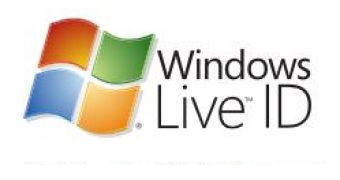At the start of this month, Windows Live ID has been added among the identity providers of RPX. In this context, Windows Live ID joins the ranks of identity providers such as Facebook, Google, MySpace, Yahoo and OpenID. By Microsoft's own estimates, there are approximately 500 million Windows Live users. Via RPX, these users will be able to log in using their Windows Live IDs in all third-party websites that have implemented the Relying Party Accelerator. Of course, end users will only be able to take advantage of this as long as web developers create an account with RPXnow.
“As end user data is being shared you need to create a Windows Live App ID and you tell RPX the details of your app ID and specify a privacy statement. You can also use the authentication page co-branding to make the experience somewhat smoother for your end-users. After this you implement some UI on your website, and you should see higher end-user satisfaction and conversion for signing in and profile information,” revealed Angus Logan, technical product manager for Live Services.
Microsoft is offering two Live Services application programming interfaces, namely the Windows Live ID Web Authentication and the Windows Live Contact API. Web Authentication is the solution available to developers in order to make a website part of the Windows Live ID identity provider/Microsoft federation gateway. Logan explained that the “owner record” of the Windows Live users was offered through the Windows Live Contact API. At the same time, the Windows Live ID Delegated Authentication (DelAuth) is the way to control the shared objects and access duration for the Windows Live profile and address book.
“End-users can spend their time in so many places on the web. The battle for attention is harder than ever. The downside of having limitless choice is the tax of signing in and telling websites about yourself. RPX makes it possible to sign in using one of the many identities a person already has - this includes authentication and profile information (first name, last name, etc.),” Logan added.

 14 DAY TRIAL //
14 DAY TRIAL //